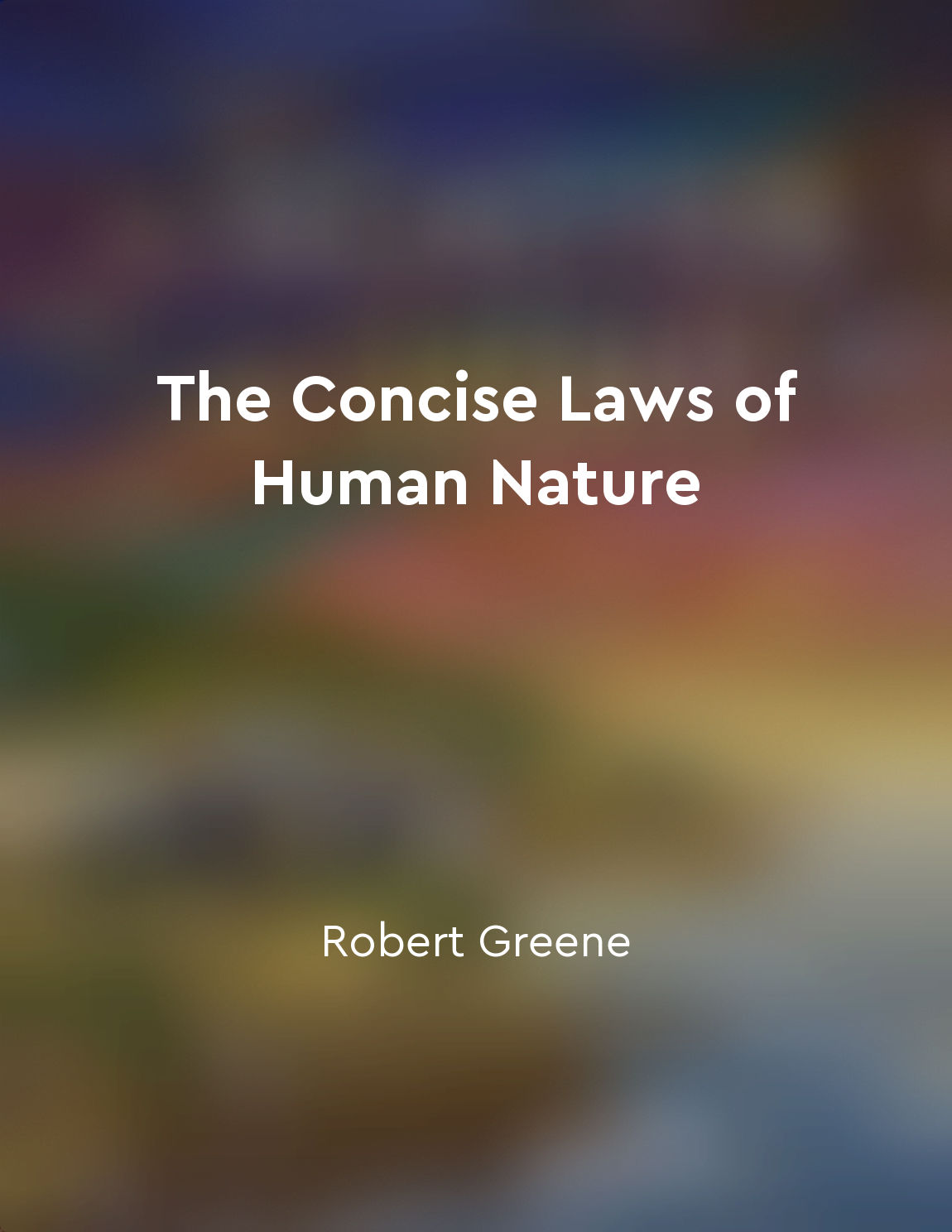Judgments are formed by combining concepts from "summary" of Critique of Pure Reason by Immanuel Kant
In the process of forming judgments, the mind combines concepts that have been previously acquired through sensory experience or pure understanding. These concepts are the building blocks of our thoughts and perceptions, allowing us to make sense of the world around us. When we encounter a particular object or situation, we bring together various concepts in order to form a judgment about it. For example, when we see a red apple, we combine the concepts of "redness" and "appleness" in order to judge that the object before us is indeed a red apple. This process of combining concepts is essential for our understanding of reality, as it enables us to categorize and make sense of the multitude of stimuli that we encounter on a daily basis. Furthermore, judgments are not formed in...Similar Posts
Linguistic meaning is not fixed but contingent on usage
The meaning of a word is not something that is inherent in the word itself, but rather is dependent on how it is used in a give...

Recognizing our own biases and prejudices is essential for personal growth
To truly grow as individuals, we must first confront and acknowledge our own biases and prejudices. This is a crucial step in o...
The brain is interconnected with the rest of the body
The brain does not function in isolation; it is tightly linked with the rest of the body in a complex network of communication....
Enhancing cognitive processes
To enhance cognitive processes is to sharpen the mental faculties that enable us to think critically, analyze information, and ...

Attention is limited
Our brains have a finite capacity for paying attention, which means we can only focus on a limited number of things at any give...

Two modes of thinking: fast and slow
In our daily lives, we rely on two distinct modes of thinking: fast and slow. Fast thinking is intuitive, automatic, and effort...

The role of genes and environment in shaping personality and happiness
Genes play a significant role in shaping our personalities, determining about half of the variation in our temperament. This me...
Nature of Existence
The question of the nature of existence is one that has puzzled philosophers for centuries. Is the world around us real, or is ...
Identity is uncertain
According to David Hume, the concept of identity is a complex and perplexing one. He argues that our understanding of identity ...
Constant conjunction does not imply causation
When we observe two events that are constantly conjoined, such as the rising of the sun and the warming of the earth, we tend t...
